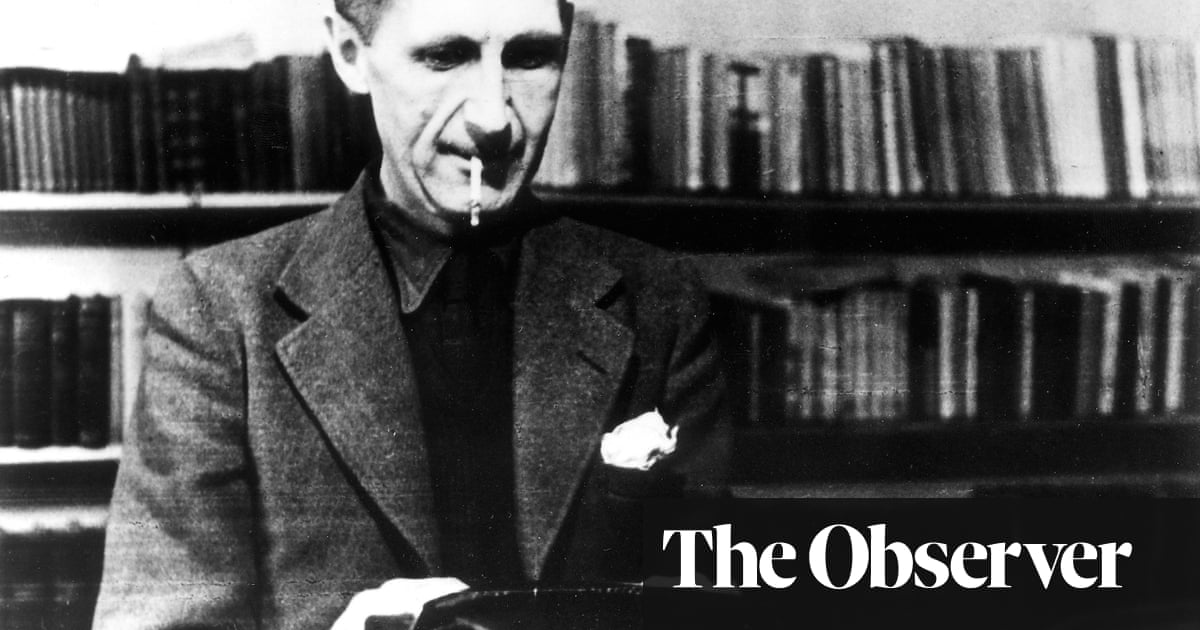- cross-posted to:
- books
- [email protected]
- cross-posted to:
- books
- [email protected]
George Orwell’s archives provide an invaluable insight into one of the most influential British writers of the 20th century, casting light on how he produced his most memorable books, his sensitivity to criticism, and his fears that legal threats could ruin his work. Now the treasure trove that is the extensive archive of correspondence and contracts amassed by Orwell’s original publisher, Victor Gollancz, could be scattered to the winds in what has been described as an act of “cultural vandalism”.
Crucial correspondence involving the Nineteen Eighty-Four author and Observer correspondent is being offered for sale on the open market, following a decision in 2018 by the publisher’s parent company to sell the archive because the warehouse was closing.
Richard Blair, 80 – whose father Eric Blair wrote under the pen-name George Orwell – is dismayed by the loss: “It’s terribly sad … Once Gollancz material is acquired by private collectors, it could disappear into the ether for ever.”
Jean Seaton, director of the Orwell Foundation, said: “That nobody had opened those filing cabinets for 50 years was because they were idiots and didn’t understand the archive’s value. Why didn’t their board consult experts and historians, who would have understood that they needed perhaps to make some revenue from it, but would have understood the real public worth? Instead, they have dispersed a national archive.”



I just finished Burmese Days, and as someone who grew up in a (former) British colony, it hits hard. Orwell had his finger on the pulse of the 20th century and spoke very plainly about what he saw around him, and most importantly within himself. Something we could all do more of.
This should not be happening.